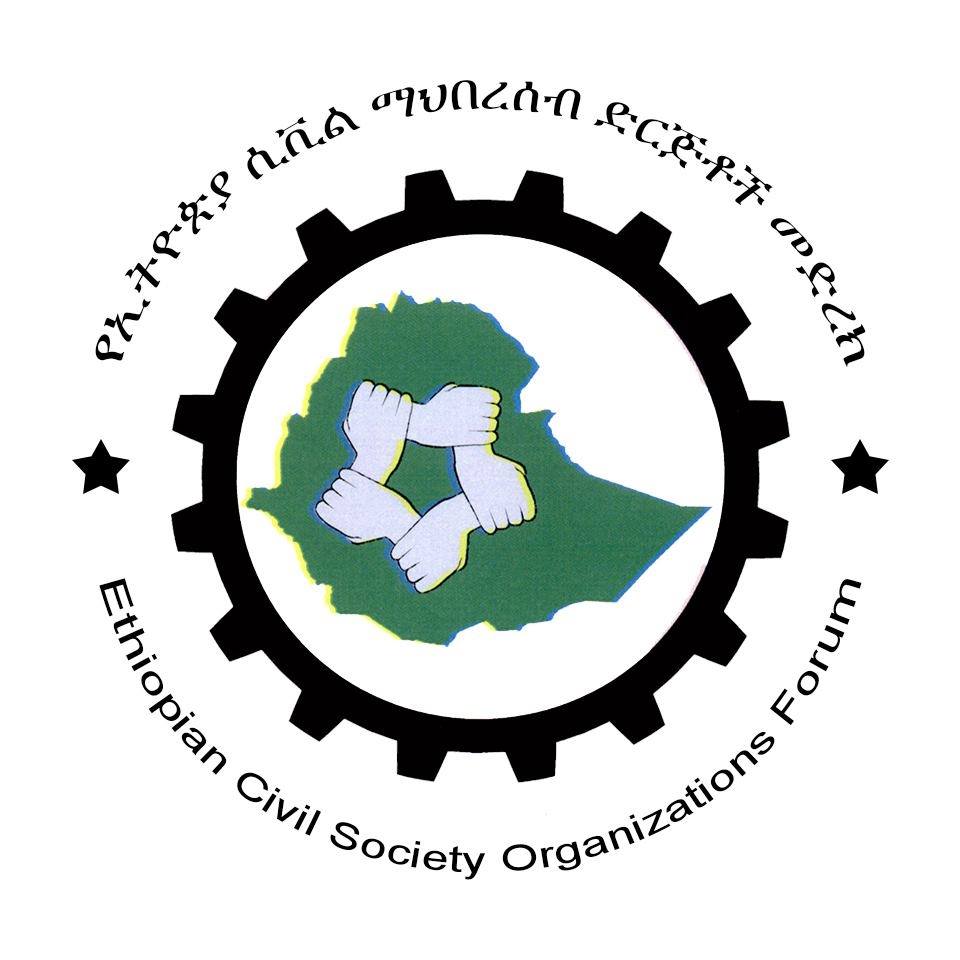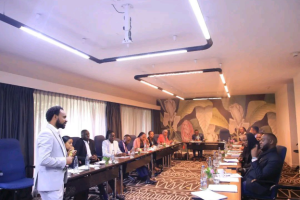
BY YESUF ENDRIS
Easing or removals of draconian laws have been among the major tasks of Prime Minister’s Abiy Ahmed’s leadership since assuming power. Over the two and more years, various laws have been either revised or revoked in a bid to widen up political, economic and social landscapes.
One of the major proclamations that used to draw sharp condemnation as being repressive was the Civil Society Organizations (CSOs) law. This law was believed to weaken civil society organizations operating in the country. And, no strong civic societies mean weak check and balance of the government.
The pressure on civil societies working in the area of human and democratic rights has been harsher for many reasons. This, as a result, has been compromising the roles civil societies can play in cultivating democracy and filling gap seen in provision of basic services.
But, this and other repressive laws have been subject to revisions since the coming of the new leadership. The amended proclamation ensures more working freedom to the entities. These days, civil society organizations are playing undeniable role in consolidating democratization and human right protection taking part in national undertaking.
Since the reform processes have begun, the government has taken different measures that cater to the demand of CSOs and encourage their involvement in the socioeconomic and political engagement of the country.
The reform has also helped mend the strained relation between the government and the organizations. The government has lifted many restrictions basically concerning on the financial resources and scopes of CSOs engagements.
Reports are coming out from several CSOs that the organizations are relatively enjoying more freedom and are placed in better conditions to investigate cases of human right violations and undertake public sensitizing sessions and provision of humanitarian services in conflict-ridden areas. Given the great deal of contribution the CSOs make to the democratization and wellbeing of the country into consideration, Prime Minister Abiy Ahmed has been in constant meeting with the organization to discuss on various cross-cutting issues of national interests.
Lately, the Prime Minister Abiy Ahmed conferred with CSOs and political parties about the upcoming elections and the role CSOs in democratizing the country.
Despite the improvements, there have been some concerns from both the government and CSOs over the independence of CSOs and regulatory approach of the government.
While some say that regulatory approaches should be adopted in way that ensure the freedom and the growth of the organizations, some argue there must be stringent approach put in place as illegal practices can endanger the national interest of the country.
On the other hand, some CSOs and other organizations accuse the government of failing to provide the needed information in protection of human rights while the government files complaints against right groups of being unfair and biased.
The Ethiopian Herald also has information that there were accusations on some of previously reported cases from some humanitarian organizations particularly from international organizations which were allegedly reported as “prepared and reported by individuals with political affinities” though the regulatory Agency said that there is no serious measure taken yet.
This year, the government of Ethiopia has also rejected some reports of Amnesty International accusing reports orchestrated by individuals who are illicitly involving in opposition parties despite the fact that the government has issuing recognitions for several organizations.
With reference to CSOs political engagement, Jimma Delbo, Director General of Agency for Civil Society Organizations told The Ethiopian Herald that his department will never tolerate if any organization are found to engaging in clandestine activities that is illegal and against what they area formed for. But he said “there is no serious measure taken against CSOs since the reform.”
A legal framework which comprises international guidelines to create independent CSOs has been prepared with clear obligations and rights, he said.
Meanwhile, the Agency is considering past trends and going through reform process while grounds have been laid to regulate the CSOs, adding, the agency is discharging its mandate when even the practices are traditional, he briefed.
“We are principally working closely with organizations and regulating them through monitoring and evaluation approaches. And, measures are being taken to help build the capacities of the CSOs under support scheme.”
As regulatory organization, the Agency is working with considerations of CSOs trend and through accommodating compliances from organizations or individuals. Furthermore, field observations are being used to inspect CSOs and follow their activities to make sure they are operating in line with the law and the standard, he said.
“Checklists have been put in place as a means to regulate as well as to shape CSOs structure in accordance with the revised law. So, serious measures like revocation of legal certificates will be taken against CSOs committing serious breach of the law.”
Mesud Gebeyehu, Consortium of Human Rights Organizations Head also said that civil societies are expected to be non-partisan, non-political yet independent actors. Since the reform, the number of CSOs and NGOs particularly the number of CSOs and NGOs working on human right and democracy is timely growing; thus, inspections whether those organizations are working based on the law should be scaled up.
Accordingly, the Consortium is working hand in hand with human right organizations on ways of ensuring independence and professionalism. In my view, it is possible to forward ideas based on viable evidences and plausible data collecting from organizations working on the spot.”
The government should support and encourage independent organizations so as to overcome the challenges the organizations facing. CSOs should be taken as a partner in areas of humanitarian assistances and democratization process. But, their engagement should be in line with the law of the country and their permit.
With regard to the government’s claim that some organizations are engaged in executing hidden political agendas, he said: “So far even I personally didn’t hear such complain from this perspective. However, if we are able to witness or receive credible information to this end, we have the duty to report to the concerned government authority,” he noted.
Civil Society Organizations in their part are expected to be non-partisan, non-political and independent. This is the cardinal principle that any CSO shall stick to. The CSOs Agency is also mandated to check and investigate if such reports/complaints are made against them, he added.
“As a Consortium, we believe in constructive engagement with our partners and in case we feel that our partners are not yet complying with what they supposed to, we often remind them to comply with procedures and laws in place as this will finally entail a consequence which may affect their credibility, integrity and even legal accountability,” he stated.
The Ethiopian Herald December 10/2020



